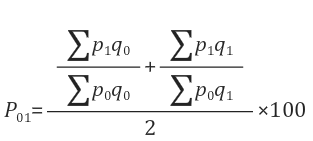Science > Biology > Human Population and Population Control > Attributes of Human Population Part – I Group of individuals of the same species occupying a particular geographic area at a given time and have the capability to breed with each other. The population is a taxonomic category lower than the species. Population share a common […]



